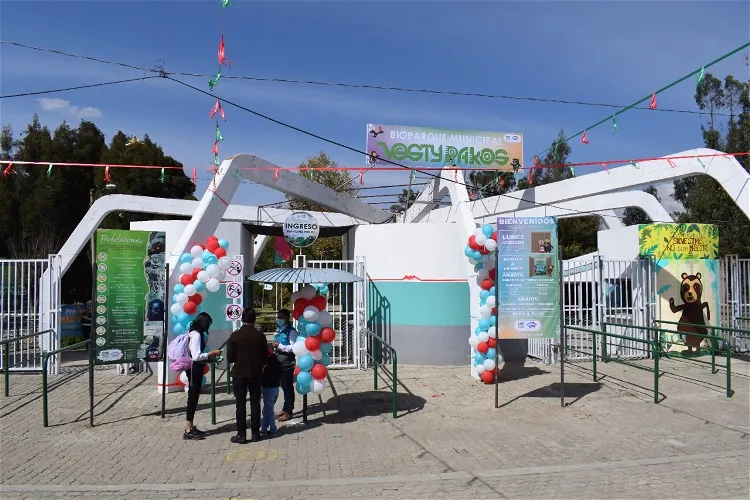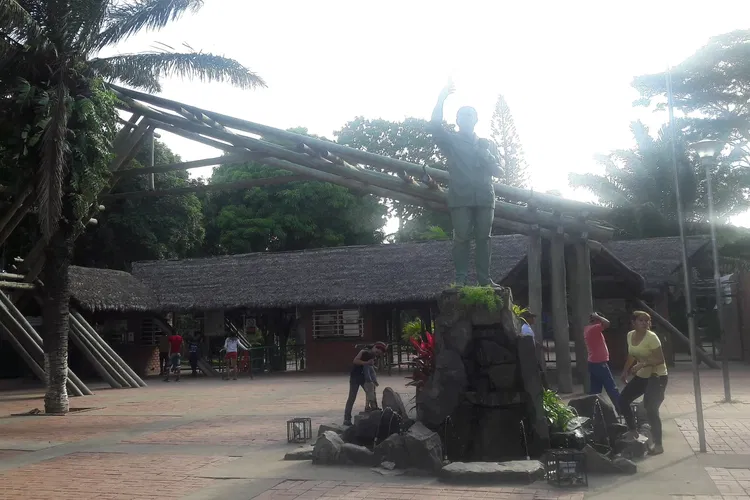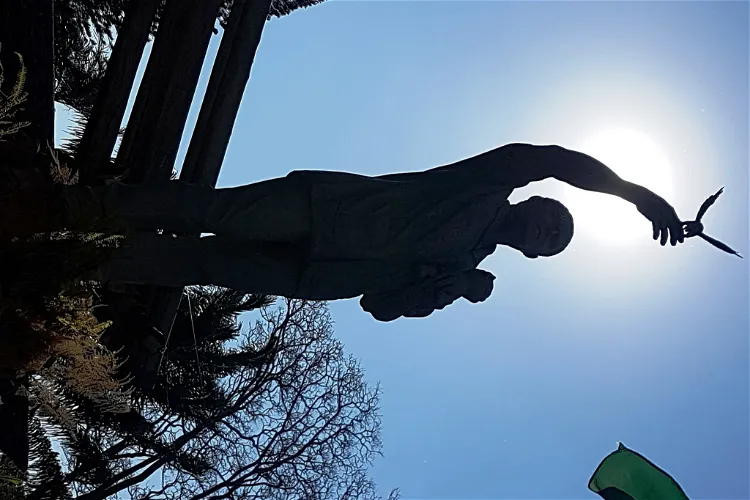Are you an animal lover looking to explore the best animal museums in Bolivia? Here are your best options:

Vesty Pakos Zoo
La PazThe Vesty Pakos Municipal Biopark, formerly known as the Municipal Zoo of La Paz, is a wildlife custody center located in the city of La Paz, Bolivia. It is managed by the Municipal Government of La Paz and is the first custody center in Bolivia to be part of the Latin American Association of Parks, Zoos, and Aquariums (ALPZA). The Biopark aims to house wildlife in enclosures that recreate their natural habitats with the purpose of raising awareness and educating about the issues of trafficking, illegal possession, and commercialization of wildlife.
Municipal Zoo of South American Fauna Noel Kempff Mercado - Santa Cruz
Santa Cruz de la SierraThe Municipal Zoo of South American Fauna Noel Kempff Mercado, situated in Santa Cruz de la Sierra, Bolivia, holds a significant position not only in the country but also in South America. This is largely due to its extensive biodiversity of native species, making it a unique destination for those interested in South American fauna.
Museum of Natural History
La PazThe National Museum of Natural History of Bolivia, located in La Paz, was established in 1980. It was created with the aim of contributing to the scientific and cultural development of the country and to establish a center for recreation and support for formal education in the field of natural sciences and natural history.
Noel Kempff Mercado Natural History Museum
Santa Cruz de la SierraThe museum's scientific collections are diverse and extensive, including wildlife flora and fauna, vertebrates and invertebrates, as well as paleontology and geology. Additionally, the museum houses a significant geospatial information bank at both the regional and national level. These collections provide a comprehensive overview of Bolivia's rich biodiversity and geological history.- 5
Natural History Museum "Alcide d'Orbigny"
CochabambaThe Alcide d'Orbigny Natural History Museum is located in the city of Cochabamba, Bolivia. It is a cultural institution that plays a significant role in the city's cultural and educational landscape. The museum is named after the French naturalist Alcide d'Orbigny, reflecting its commitment to the study and preservation of natural history.